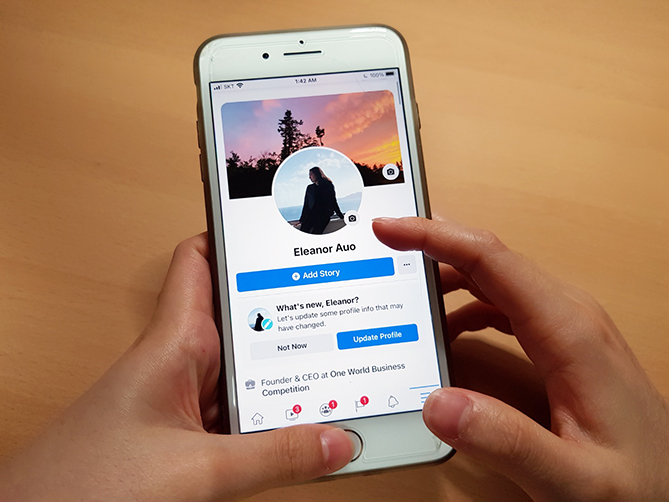Social media has grown to be one of the inevitable sources of our life over the past couple of decades. According to the Pew Research Organization, “roughly two thirds of social media users’...major reason behind their use of social media” is to stay connected and communicate with others. However, how often is that the sole purpose of using social media? Moreover, many people set their new years goal as deleting social media and focusing on self-developments. However, how often do people actually end up deleting social media? Suppose you have answered these questions as either not often or rarely. This proves the addictive nature of social media, and the root has already been planted in our lives.
As much as social media keeps us from exiting the platform, it impedes us from reaching the initial purpose of accessing social media. The high reliance we exhibit on social media has led our life almost incapable without social media. This idea is also clearly illustrated in a recent Netflix documentary, “The Social Dilemma” which handles the effects of social media on our lives. It demonstrates how social media erodes society through the mouths of the creators of famous social media platforms, such as Google, Facebook, and Twitter. The Netflix documentary also elaborates on how the online users are simply a resource for the data social media platforms are collecting.

Not only technical ideas but the operation of social media is also heavily based on human psychology. To successfully attract people to regularly use social media, platforms like Instagram, Facebook, and Youtube have created a page for suggested contents, specifically organized for the user. The suggested contents that the user had surfed through become part of the data the social media companies collect. As the suggested contents are organized specifically for a user, the AI algorithm only suggests posts or videos relevant to the content the user would likely watch over and over again. Making people stay on the page, hoping to access more appealing content, is based on a theory of behaviorist psychology called “intermittent static reinforcement”. The entrance and access to social media are like pulling a casino slot machine since appealing contents constantly approach them, making the entire process fall into a never-ending loop without knowing how the time flies. (https://n.news.naver.com/article/009/0004730397) That’s how people become so caught up in the wonderland where they are continuously tempted to click on entertaining contents.

I have interviewed a psychology and social studies teacher at our school, Mr. Harris. Mr. Harris mainly focused on the fact that social media’s impact is more substantial with the younger generation. It is closely related to their self-esteem and time consumption. However, he also noted that not having any social media platform to access is no longer an option as it is widespread than ever with almost everyone with a cellphone using them. As much as he elaborated on the influence of social media, he also pinpointed the importance of self regulation as having too much of anything is always harmful.
With the addictive nature of social media and the efforts of the IT companies striving to attract more users, it is hardly a story anybody has ever heard before. Everyone would have at least once faced unintended consequences in the end due to the overuse of social media. At the end of the day, it would be crucial for people to reflect on social media use and regulate themselves from falling into the mire of social media.

Eleanor Auo
Grade 10
Korea International School Jeju

